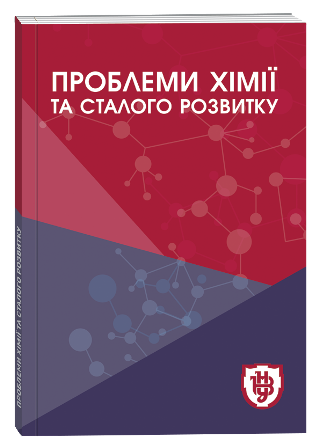TYPES OF MASS EXTRACURRICULAR ACTIVITIES IN BIOLOGY, FEATURES OF PREPARATION AND ORGANIZATION OF MASS EVENTS
DOI:
https://doi.org/10.32782/pcsd-2025-1-17Keywords:
extracurricular activities, biology, mass events, cognitive interest, environmental education, research competenciesAbstract
The article examines the main types of mass extracurricular activities in biology and the specifics of their implementation in general secondary education institutions. The authors analyze the theoretical foundations of organizing such events, their role in developing students’ cognitive interest, environmental awareness, and research skills. It is determined that mass extracurricular activities are a powerful tool for fostering ecological thinking, responsible attitudes toward the environment, and rational use of natural resources. The study explores the features of preparing and organizing mass events, identifying key pedagogical principles that ensure their effectiveness: systematic planning, practical orientation, the use of innovative methods, and interdisciplinary integration. The importance of engaging students in active activities through project work, environmental campaigns, competitions, quizzes, expeditions, and excursions is emphasized. Problems that arise during the organization of mass extracurricular work are analyzed, including the lack of adequate material and technical resources, low motivation of participants, limited time for teachers, and insufficient preparation of educators for implementing such initiatives. Practical recommendations are provided to overcome these challenges, including the use of interdisciplinary approaches, cooperation with scientific institutions and public organizations, and involving experts. The article includes an analysis of modern scientific and methodological approaches to conducting extracurricular events in biology and outlines the prospects for developing this area in the context of modern educational reform. The importance of integrating theoretical knowledge of biology into students’ practical activities is emphasized, contributing to knowledge consolidation, the development of research competencies, and students’ environmental awareness.
References
Богданова О. К. Сучасні форми і методи викладання біології в школі. Харків : Основа, 2003. 80 с.
Гура А. Н. Інформаційно-комунікаційні технології в підготовці майбутніх учителів природничих спеціальностей. Молодий вчений, 7 (59), 2018. 64–66.
Дичківська І. М. Інноваційні педагогічні технології. Навчальний посібник. Київ : Академвидав, 2004. 352 c.
Кизенко В. І. Особливості застосування методів навчання на факультативних заняттях. Біологія і хімія в школі. 2002. № 5. С. 6–13.
Сліпчук І. Ю. Дидактичні можливості інформаційних технологій у навчанні біології. Біологія і хімія в школі. 2006. № 5 С. 32–34.
Ярошенко О. Г. Групова навчальна діяльність школярів: Теорія і методика. Київ : Партнер, 1997. 193 с.







